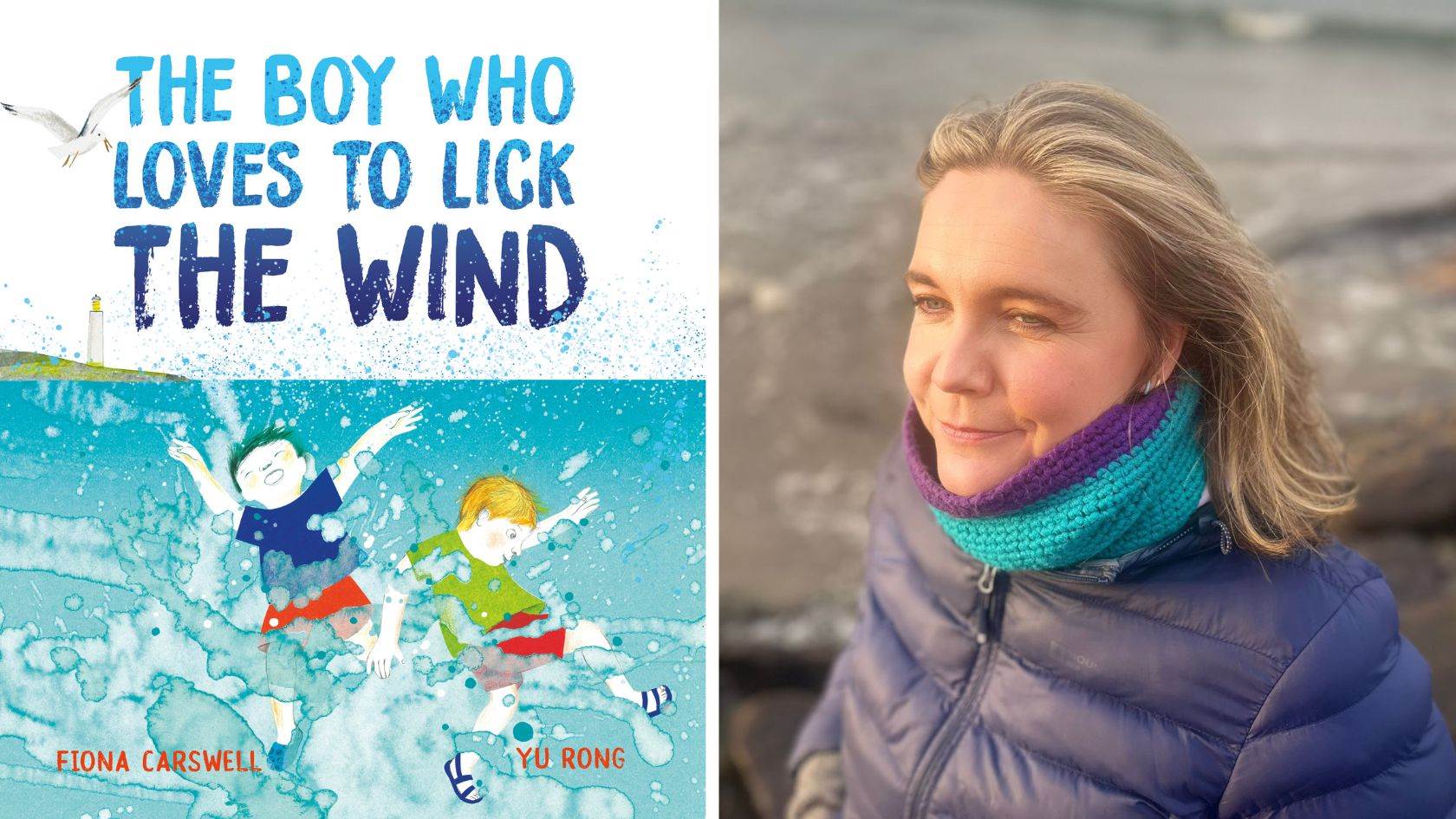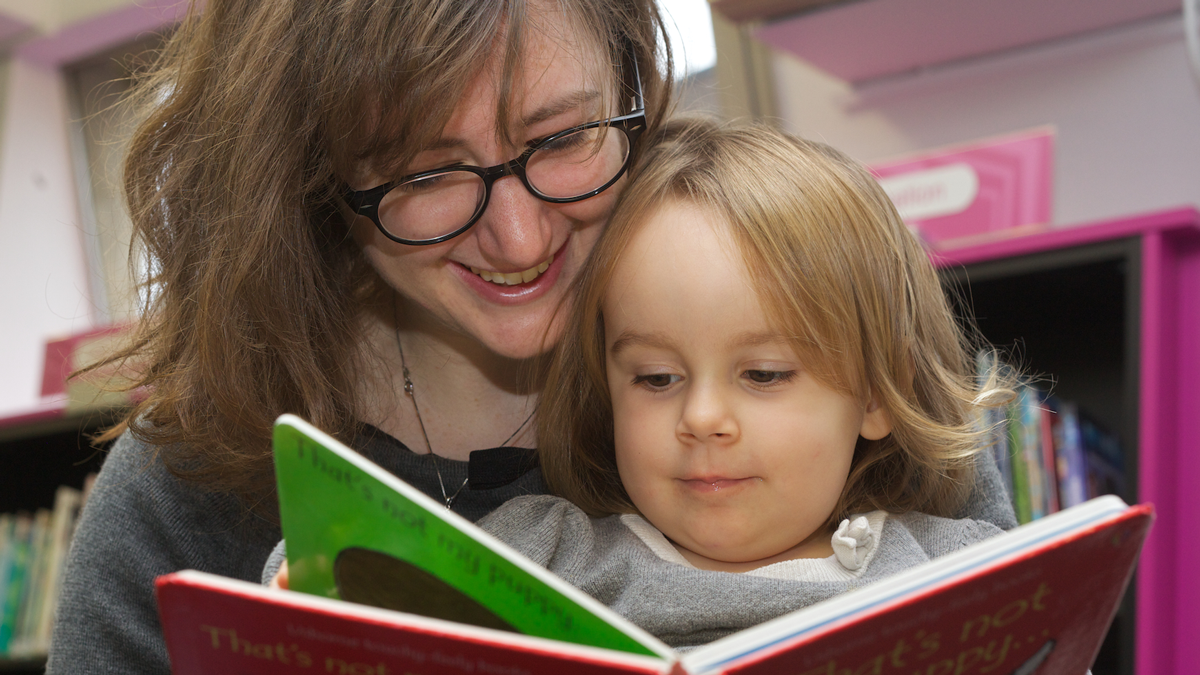How books about neurodivergence reflect real experiences
Published on: 23 April 2024
Author Fiona Carswell shares how important it is that books show all aspects of the neurodivergent experience – for the entire family.

‘There’s no handbook for parenting’ goes the saying.
Never was a truer word spoken. But if raising neurotypical children is a mystery tour then parenting neurodivergent children can, at times, prove utterly baffling. Not to mention often frightening. And lonely. And exhausting. And confidence sapping.
I read once that the biggest challenge in raising – or educating – autistic children is overcoming the inevitable feelings of incompetence and inadequacy. That rang so true. And it still does, seven years into our autism journey – or at least seven years into knowing for sure that it was an autism journey we were on.
Debunked is the myth, surely, that special children are given to special parents. No. Children who have very particular needs are born to completely standard, no-training-given, no-superpowers, often mediocre human beings who will then willingly spend the rest of their lives learning to be exactly what their child needs them to be. Personally, I think that’s far more special than the myth.
Sentiment aside though, the journey is a tough one, and I’ve discovered some dependable travelling companions over the years: a healthy sense of black humour and joy in the seemingly absurd; an ability to put a bad day behind you and get up with a renewed sense of hope and confidence in your ability to manage it all; and, most importantly, the stories of others living similar lives, whether told through books, the broader media, or friends who are generous enough to play along with our elaborate games of Moments in Autism Life Top Trumps.
Connecting through stories
Stories are – always will be – the means by which humans connect. But we tell each other stories all the time, not just via books and oral tales, music, visual art, movement and song, but in every interaction we ever have. We tell a story every time we engage with another human – about the time we have for them, the willingness we have to connect, the effort we will dedicate to establishing that connection, the trust we’re putting in them to meet us on a human level, and the faith that our reaching out won’t be rejected.
Stories are not just about words, but about acts. That’s why reading a story with a child is about so much more than reading words.
 A little girl and her mum reading in a library
A little girl and her mum reading in a library
It’s about a shared act, a shared moment of mutual intrigue, emotion, learning, confusion, tenderness – whatever a particular book might throw up – and the sense of being in the same time and space. So a picture book works as well as a novel, as a comic, as a football programme (my youngest’s current read of choice). It’s about uniting in that shared experience. That is the story we tell each other.
When we hear the stories of those, like my elder son, who are on the autistic spectrum – whether told via the written word, images, spoken words or simply by sharing the same space – we are creating a connection, telling a story. For so many years, neurodivergent people were denied the chance to share their experiences of the world, not least because they were often institutionalised, kept away from the neurotypical population, necessarily stifling connection and storytelling in all its forms. Alternatively, they were forced to mask their neurodivergence in order to fit in. Nobody tells an authentic story if they’re trying to hide who they really are.
But now, at last, things are changing and there has been a long-overdue surge in the stories of neurodivergent adults and young people being told and shared and celebrated, and them being given the opportunity to tell their own stories.This is a huge leap forward, and a vital one, for the individuals, of course, but also for society.
The story of a parent
As a neurotypical parent of a neurodivergent child, though, I believe my story – my experience – is valid, too. Well, I would say that, wouldn’t I. But I am not claiming to tell any story other than that of a parent doing my best to raise a child whose neurology is fundamentally different from mine. And different from the majority.
If the stories of those raising or educating, living with or caring for neurodivergent people are stifled in favour of a purely neurodivergent narrative then valuable storytelling opportunities are missed, once again. Those stories are vital, too. For surely the only way gradually to overcome those feelings of inadequacy and incompetence that become so ingrained – as an individual and as a society – is to continue to share stories from all perspectives, and to create new narratives through each and every interaction we have, whatever form they might take.
The Boy Who Loves to Lick the Wind by Fiona Carswell, illustrated by Yu Rong, is out now.
You might also like...
Have a look through our recommendations for more books about, or featuring characters with, neurodivergence.
Autism
We believe that books are a great way to raise awareness and improve understanding of different experiences. This booklist aims to provide a range of children's and teens' books that feature characters who are autistic, or who have Autistic Spectrum Conditions.
Books with neurodivergent characters
This non-exhaustive selection of books is an introduction to the range of books that feature neurodivergent (ND) characters. It includes characters with OCD, ADHD, dyslexia and dyspraxia, as well as autistic protagonists. There is some non-fiction on neurodivergence too.


